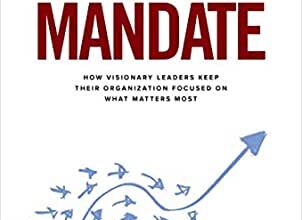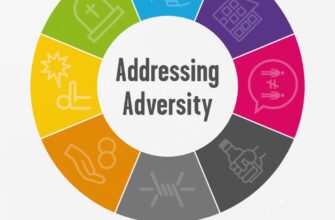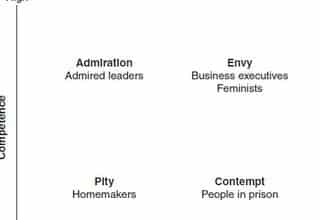This week we experienced a massive hurricane in Florida. If you’ve ever been in a situation to watch a natural disaster come directly at you in slow motion, then you understand the anxiety that builds with every shutter attached to the house, every case of water “discovered” in the store, and every breaking news alert on the Weather Channel. My area was fortunate to dodge the worst of it. I am grateful but also heartbroken by the destruction others faced through Hurricane Irma and the last week’s Harvey.
There are many leadership lessons to glean when these types of events occur. I witnessed heroism as people sacrificed their health and safety to help others. I witnessed generosity as strangers shared supplies and lodging (thanks sis). I witnessed critical thinking skills as plans were made to prepare based on limited information and uncertainty. And I witnessed self control as neighbors remained civil amidst their mounting fear.
On a smaller scale (much, much smaller), I was sequestered for three days with wavering electricity and a bunch of kids. Without television or iPads to distract and entertain, we resorted to board games. Actually, “resorted” may be too strong a word—I don’t want to connote such a negative connotation. What I really mean is that we had the opportunity to play board games because even with the impending hurricane, we managed to have a really good time.
I’m not the only one who’s been reminded about the greatness of board game. In the last few years, board games have been experiencing a resurgence with sales flourishing both in the US and around the world. Plus, did you know that board games were the single most-funded item on Kickstarter last year? Me either.
With my family’s marathon session of Monopoly, Sorry!, Candy Land, Scrabble, and Uno Attack, three things stood out that made our confinement more enjoyable and can benefit leaders.
“You sank my battleship”
Since the advent of board games, they have served as a training ground for warfare strategy. Where else can you compete for world domination within such a controlled state of conflict? But, as film and media studies professor Mary Flanagan recently said, board games also prompt us to reflect on “turn-taking and rules and fairness.” They involve a moral logic where you try to win within a predetermined set of guidelines.
Work is no different. We have codes of ethics, a company culture, and social norms to which we conduct ourselves. Basically, everyone in your organization has the same predetermined set of guidelines as a board game and you, the leader, must hold people accountable to turn-taking and rules and fairness. If you don’t, no one else will.
“Bonkers is fun. Bonkers is nice. Bonkers is never the same game twice”
Board games comprise of a high degree of analytical strategy. Since players are bound by the same rules, winning is the result of ingenuity and creative problem solving. Even more, once you devise of a flawless tactic, there’s an implicit understanding that it won’t work again since everyone has now seen it. This evolving learning curve is why you can play the same game over and over again and remain engaged.
The goal is to win, but it is the goal that is important, not the winning.—Reiner Knizia, award winning game designer
For leaders, we must create the same “safe” environment so as to allow our teams to explore new ideas. Use a brainstorming session to talk through a new idea. Get into the details as you take the project from preparation to the aftermath. You can also pilot initiatives with small groups or role play to see how it plays out.
“Play the game of Life”
Finally (and most importantly), board games require people to sit together and concentrate on a shared experience. Our work is dependent on collaboration and communication with others. Therefore, we need to foster relationships within our teams.
It turns out that being together is very addictive.—Jerry Holkins, a creator of Penny Arcade Expo
Want to build camaraderie? Engage in more conversations. “How was your weekend” is nice, but it’s hollow. Weekly check-ins, “stay” interviews, and day-to-day exchanges about performance and goal planning are simple solutions where you can bond over topics of substance.
It should not have taken a hurricane for my family to gain a newfound appreciation for board games. I’m hoping we can play them more often (preferably not on the bathroom floor during a tornado warning). If we do, maybe some of these lessons can become more common practice. If leaders can play them more, maybe these lessons can become more common practice for them, too.








